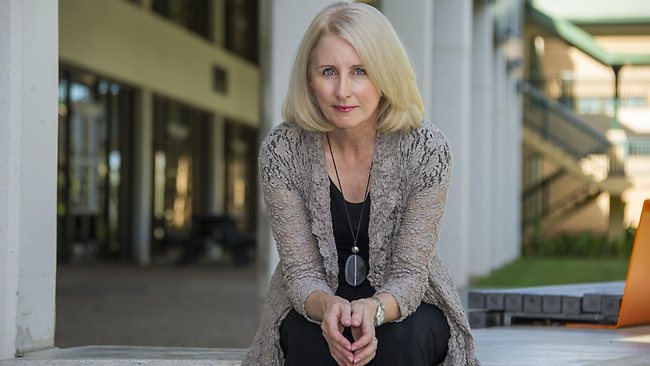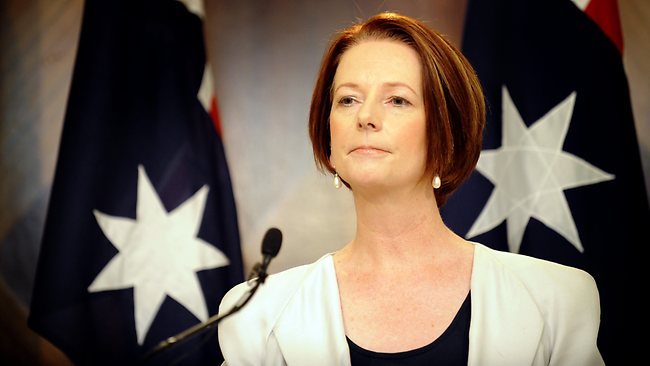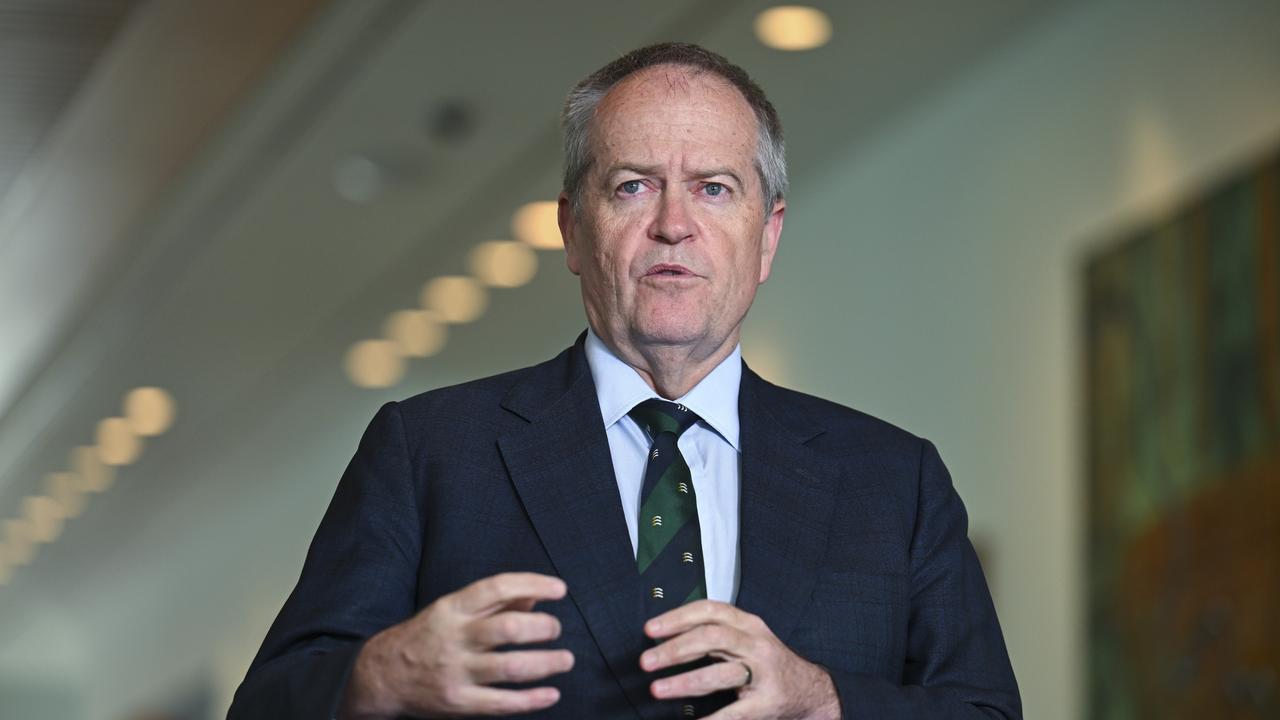Julia Gillard's school fight with states
JULIA Gillard will face her state and territory counterparts on Friday in a showdown over school funding reforms.
JULIA Gillard will face her state and territory counterparts on Friday in a showdown over school funding reforms, with three of the largest states yesterday rejecting the initial offer to help boost funding by $14.5 billion over the next six years.
Ahead of a meeting of the Council of Australian Governments this week to discuss a new funding model, the Queensland and West Australian premiers yesterday rejected the Prime Minister's offer to pay $2 in federal money for every extra dollar invested by the states, while the Victorian government said it was being held to ransom.
It is believed the NSW government - which stands to reap an extra $3.2bn in commonwealth money - is close to reaching agreement on new funding arrangements.
Ms Gillard set a June 30 deadline for states to sign up to the deal, or schools stand to potentially lose $5.4bn nationally over the next six years, as federal funding falls in line with state budget cuts.
States that fail to reach agreement will continue to be funded under existing arrangements, but will lose the additional money provided by the commonwealth in targeted programs that will be rolled into the new system.
West Australian Premier Colin Barnett said it was a "terrible deal" for the state, while Queensland Premier Campbell Newman described the plan as "a great big mirage".
Outlining what she described as "the biggest changes in school education in 40 years", Ms Gillard placed the onus on state and territory governments to find an extra $5.1bn for schools over the next six years.
The Prime Minister made the states a "two-for-one offer" under which the commonwealth would pay 65 per cent, or $9.4bn, of the $14.5bn required to lift all schools to the level of funding deemed necessary to educate all students to a high standard. The commonwealth's extra funding will be partially paid for by $2.3bn in cuts to higher education, a move roundly criticised yesterday by university vice-chancellors and putting reform architect David Gonski - chancellor of the University of NSW - in an awkward position.
On top of the one-off boost in funding, the commonwealth is seeking to quarantine schools from budget cuts and will require states to increase their school funding by 3 per cent a year.
In return, the commonwealth will commit to an annual 4.7 per cent rise in its school funding.
The funding model, outlined yesterday and based on the Gonski review, allocates a new Schooling Resource Standard calculated according to the need of the students enrolled in each school.
The SRS comprises a base payment of $9271 per primary student and $12,193 per secondary student in 2019, supplemented by six loadings based on a school's students that will be fully publicly funded for government and non-government schools.
The Gonski model envisaged an extra $6.5bn a year to bring all schools to their appropriate funding level, and the federal government has said the increased funding will be introduced gradually.
But it is still unclear how much extra funding will flow to schools next year, with Ms Gillard saying that depended on negotiations with the states.
"This plan will see . . . school funding change for all time into a system that will last for generations and genuinely fund student needs," she said.
"It is vital that we get this right for the future, that we are increasing funding, not cutting it. It is vital that we as a nation seize this moment to make a difference for every child in every school for the long term."
Mr Barnett immediately rejected the offer as "a terrible deal" for Western Australia that would provide 25 per cent less funding per student than the state government spends at present.
"This model would see Western Australian students penalised because of this state's high level of investment in our schools. This investment in part recognises that some of our students are among the most vulnerable in the nation," he said.
But School Education Minister Peter Garrett accused Mr Barnett of "deliberately misleading" parents and schools about the changes, and only counting one part of the model but ignoring the loadings for disadvantage.
Mr Newman described the model as "a great big mirage" in an election year, and accused the federal government of being "a bunch of kids playing university politics" with the state yet to receive any formal information.
But Mr Newman did not reject the plan out of hand, and said he would go to Canberra for COAG on Friday with "good will" to reach an agreement.
"I want to see their plan. I don't want to wake up in the morning and see a media announcement. That is not the way to run good government," he said.
Victorian Education Minister Martin Dixon accused the federal government of holding the states to ransom in linking funding to its school improvement plan.
"The federal government are putting the states in a very difficult position," he said.
"Basically they're saying, 'Here's a whole bunch of money, but you've got to do it our way'. They should be working with us, not holding us to ransom."
As a condition of receiving the extra money, the states must implement the national school improvement plan, and the Coalition governments have baulked at some measures, particularly the establishment of a school performance institute.
NSW Education Minister Adrian Piccoli said the state would examine the details of the plan and would continue to work to reach agreement.
"The NSW government has constructively supported Gonski because we see it as a win for students," he said.
In a statement released yesterday, Mr Gonski said he was never asked by the government to consider how the recommendations could be funded. "I fervently believe in and will continue to advocate that increases be made in funding the university sector," he said.
Ms Gillard said she could understand universities would not like to see funding cuts, which she described as "a moderation" in the growth of university funding.
"But I'm not a vice-chancellor or chancellor, I'm the Prime Minister. I have to make the right decisions for the nation."
Additional reporting: Nicolas Perpitch, Rosanne Barrett, Mark Schliebs, AAP





